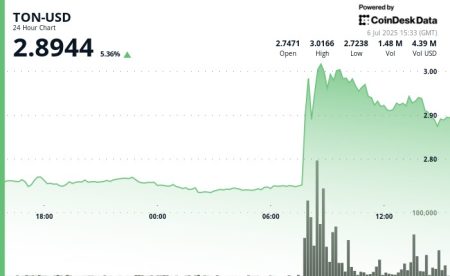Germany Embraces E-Invoicing: A Phased Approach to Digital Transformation
Germany is embarking on a significant digital transformation in its business landscape with the implementation of a mandatory e-invoicing system. Starting January 1, 2025, businesses engaged in domestic business-to-business (B2B) transactions will be required to receive structured electronic invoices adhering to the European standard EN 16931. This phased rollout aims to streamline invoicing processes, enhance transparency, and combat tax fraud. However, the German approach differs notably from other EU member states, presenting unique challenges and opportunities for businesses operating within its borders. Understanding the nuances of this mandate is crucial for seamless compliance and leveraging the benefits of digital invoicing.
Navigating the Complexities of Germany’s E-Invoicing Mandate
While the core requirement of receiving structured e-invoices appears straightforward, several crucial aspects often go unnoticed. Compliance with EN 16931 doesn’t automatically guarantee adherence to German VAT laws. Surprisingly, even small businesses exempt from VAT are obligated to comply with the e-invoicing mandate. A simple email address suffices for receiving structured e-invoices, eliminating the need for specialized software. Furthermore, even with agreements for XML invoices, businesses might still receive PDF documents, highlighting the practical discrepancies between agreed-upon formats and actual practice. These nuances emphasize the necessity of a thorough understanding of the German e-invoicing regulations.
Scope and Applicability: Defining the Boundaries of the Mandate
The German e-invoicing mandate primarily applies to invoices for taxable goods and services exchanged between businesses established within Germany. Transactions involving exempt supplies like financial services, healthcare, and education, along with invoices below €250 and tickets, are excluded. Importantly, the mandate also covers shipments of goods outside the EU or to other EU member states if the recipient is a German-based business. Even businesses benefiting from the small business exemption (Kleinunternehmerregelung), though exempt from VAT collection and filing, must adhere to the e-invoicing requirements for relevant transactions. Businesses outside Germany with a fixed establishment within the country, defined as a place equipped with human and technical resources for permanent business operations, also fall under the mandate’s purview.
E-Invoice Formats: A Spectrum of Options and Considerations
During the initial phases of implementation in 2025 and 2026, businesses can issue invoices in paper format, a structured electronic format compliant with EN 16931, or alternative electronic formats like JPG, PDF, or TIFF. The latter requires recipient consent, which can be implicit through consistent usage. The crucial point is that compliance with EN 16931 alone doesn’t guarantee compliance with German VAT law, particularly regarding address details. The most common EN 16931-compatible formats in Germany are ZUGFeRD (a hybrid format with both human-readable PDF and machine-readable XML) and XRechnung (an XML-only format primarily used for government transactions). While these are common, the mandate allows for other formats, including those used internationally.
Transmission Methods and Future Reporting Requirements
Germany offers flexibility in e-invoice transmission, allowing methods like email, electronic interfaces, shared drives, and download portals. A simple email inbox fulfills the receiving requirement, though this approach has inherent security vulnerabilities. While direct reporting of invoice data to tax authorities isn’t currently mandatory, it’s expected in the future. This anticipated reporting system may restrict the current flexibility in transmission methods, signaling a shift towards greater oversight and control by tax authorities. Businesses should prepare for this eventual transition and consider incorporating more secure and robust transmission methods into their long-term e-invoicing strategies.
Preparing for the Future of E-Invoicing in Germany
The full impact of Germany’s e-invoicing mandate will unfold in the coming years. Starting in 2027, larger companies with annual turnovers exceeding €800,000 will be obligated to issue e-invoices, with the requirement extending to all businesses by 2028. Given the upcoming release of a new EN 16931 standard in 2025, businesses might benefit from aligning their implementation strategies with this updated version. Early adoption of e-invoicing systems and a thorough understanding of the evolving regulations will be crucial for navigating the complexities of this digital transformation and harnessing its potential for improved efficiency, transparency, and compliance.















